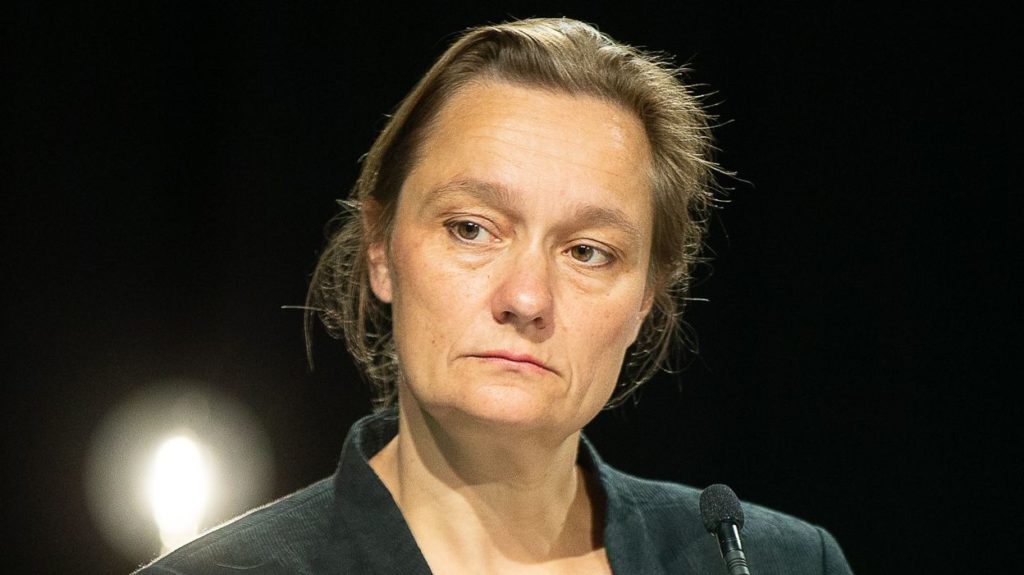The group of experts preparing Belgium’s exit strategy from the coronavirus lockdown, known as GEES, issued a report critical of the government’s preparations for the eventuality of a second wave of the epidemic, and claiming the country is not ready should that happen.
The criticisms come in the report (in English) prepared by GEES for consideration by the Superkern, which met on Saturday. The Superkern, chaired by Prime Minister Sophie Wilmès, is made up of government ministers (the kern or nucleus of the government) as well as representatives of the ten parties that voted to support Wilmès’ minority administration during the Covid-19 crisis.
Normally, the GEES report to the Superkern would remain confidential. Wilmès initially refused demands for her to publish the experts’ opinion, but she then changed her mind shortly before the meeting.
In the report, the experts lament how previous recommendations they made have not been implemented, or implemented only partially. These are labelled Code Red where no action has been taken, and Code Orange where more needs to be done.
Interestingly, the latest report includes a number of recommendations the Superkern was about to reject.
Among them: while the rules on distancing and maximum numbers at a table were accepted, the GEES recommends customers at horeca establishments register on entry, giving a name, email address, and number of guests in the party. None of those conditions was accepted by the Superkern.
The same goes for the GEES recommendation that bars and restaurants should close at midnight. Instead, apparently because it was argued that people in Wallonia tend to dine later than people in Flanders, the mandatory closing time was pushed to 01.00.
But while those issues may appear minor differences, some other GEES opinions would seem to be more important.
So, in the column of Code Red – recommendations that have so far been ignored – we find the necessity for a build-up of resources in preparation for a second wave of the virus. GEES recommended the establishment of a cadre of 40 generalist physicians, 40 nurses to take swabs/tests and 40 staff to support the response efforts. Nothing has so far been done to respond to that recommendation.
The GEES concludes that for the time being, the country is not prepared for a second wave should such a thing occur.
Similarly, the recommendation to create and disseminate a set of clear guidelines for a new outbreak was submitted to the Superkern for a previous meeting, but has not been followed up.
In another section of its report, the GEES points to the sometimes disastrous communications efforts of the government. Most recently – and after this report was written – the government promised every resident of Belgium a free rail pass for ten trips to allow people to explore the possibilities of tourism in Belgium.
The very next day, the CEO of the rail authority SNCB said she was unaware of any such proposal, and had not been consulted in advance of the announcement.
Also, in a recent poll, members of the public said they had confidence in the instructions given by experts, such as the daily bulletins by Sciensano and indeed the pronouncements of GEES.
When it came to the communications of government, on the other hand, confidence was much lower, thanks to the mix-up over whether people could visit family or go shopping in neighbouring countries, and more recently the debacle over the provision of free masks to every member of the population.
Alan Hope
The Brussels Time

